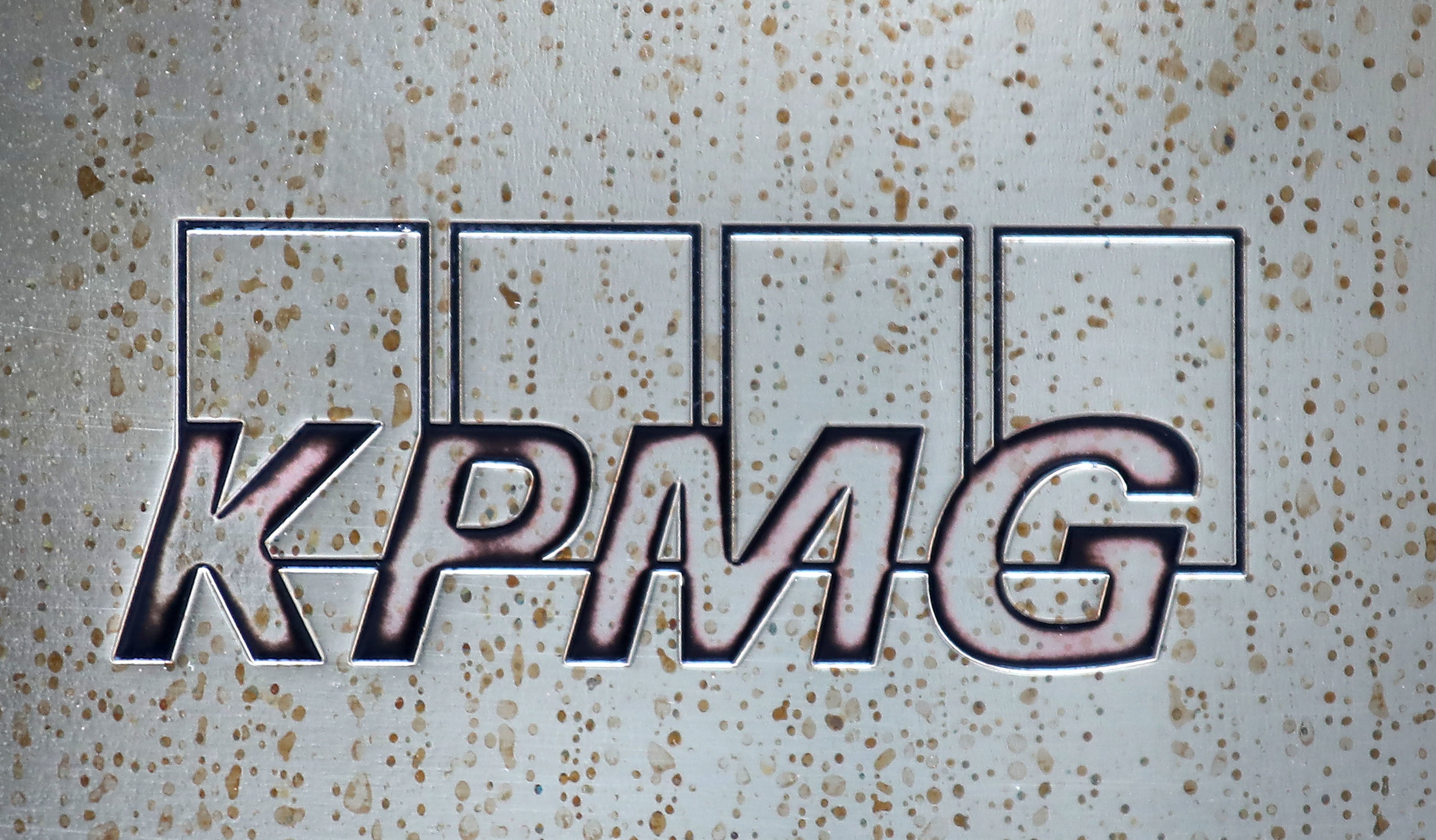KPMG chair facing investigation over crass comments – but other bad bosses have thrived in pandemic Britain
Some entitled and macho managers have forced staff into offices during the pandemic and there have not yet been any prosecutions, writes James Moore


If you think it’s just Bill “stop moaning, take control of your lives” Michael dumping on the people whose work pays for their hugely inflated pay packages during lockdown, think again.
The KPMG UK chair is not an ugly exception. There are plenty more like him. There are worse.
A quick recap. In addition to the above comments, Michael also described unconscious bias training as “complete crap” and berated consultants who’d talked about their pandemic struggles, for “playing the victim”.
His Zoom session, attended by more than 500 people, went down like a tuna milkshake after a night on the town. A subsequent apology failed to stave off an investigation by the firm and he has since stepped aside.
I suspect Michael is toast, at least once the terms of his departure have been agreed. Judging by the reports that have followed, it doesn’t seem like many of his colleagues will be sorry to see the back of him.
His display of entitled macho management, that the world can now see courtesy of leaked video, was incredibly stupid given that KPMG is a professional services firm, reliant on its “human capital” for its business. If it loses its smart, highly qualified staff, then it has no business.
Where Michael provided a service to the rest of us is in his shining a spotlight on this sort of behaviour. There’s been a depressingly large amount of it through the course of the pandemic.
The problem is where attitudes like that lead. Take control, stop moaning, turn up to work. Some employers have gone beyond just saying it. They've acted on it.
The TUC was fiercely critical of the weak guidance issued when people started returning to work at the end of the first lockdown, fearing that bad bosses would put workers at risk by forcing them to return before it was safe to do so.
General secretary Frances O’Grady voiced fears that this could encourage a second outbreak, which is exactly what happened, prolonging the economic pain for all employers.
Some have gone even further, demanding workers come in not just at the end of the first lockdown when they have been in force.
One only needs to look at what happened in Leicester, the first city to be forced into a local lockdown in which it was left to stew.
One finger of blame was pointed at its garment industry. Campaigners from Labour Behind the Label issued a report which found that some of its clothes factories stayed open as normal, with some bosses even ordering workers to continue to report for duty when they were sick.
Despite this, there has yet to be a prosecution for flouting government guidance, which is, once again, to the detriment of not only of employees but of responsible employers. too.
Now Michael did not do that. Not even close. All he did was to flip his workers off and downplay their concerns.
But I would argue that the contempt he displayed towards his people comes from the same place. At its core is the idea that profits are more important than people and workers are less human beings than they are cogs in the corporate wheel who should stop their complaining and get on with it.
This is the sort of attitude that the TUC says has forced “millions” of people to work when it is not safe for them to do so.
Michael looks set to pay a price for his “boss from hell” performance. Part of the reason for that is because his employees are smart, well paid, and capable of standing up for themselves and KPMG as a firm is clearly aware of the potential damage his statements have caused it.
If I were in HR at, say, PwC I’d be delighted. The rival firm’s ability to find the sort of people the big four accountancy firms compete for just got a whole lot easier.
Others aren’t so lucky, especially in places where unions don’t have much of a presence and workers lack the ability to have their concerns heard and acted upon.
Ultimately the onus is on government to protect them, and also to protect responsible employers from the bad behaviour of their peers. It is not doing that. This is yet another area where its pandemic performance is to be found wanting.




Join our commenting forum
Join thought-provoking conversations, follow other Independent readers and see their replies
0Comments